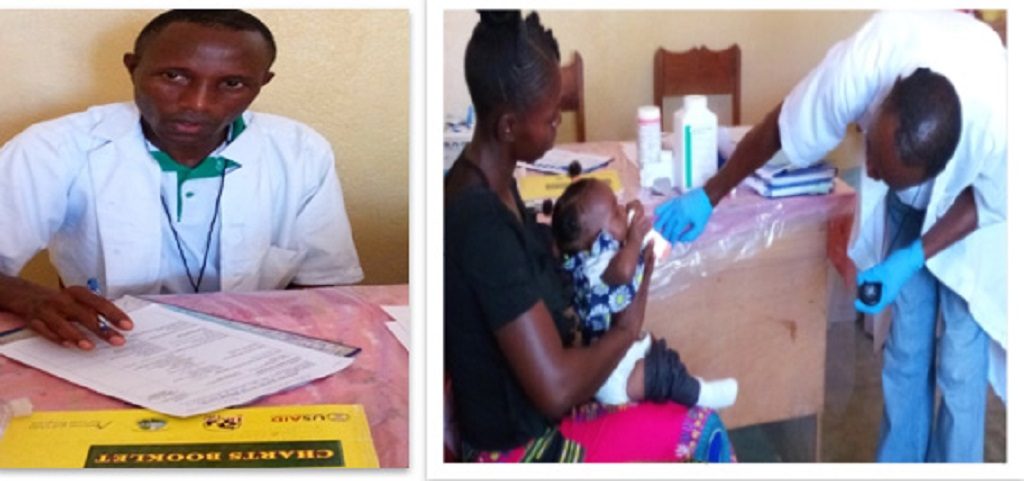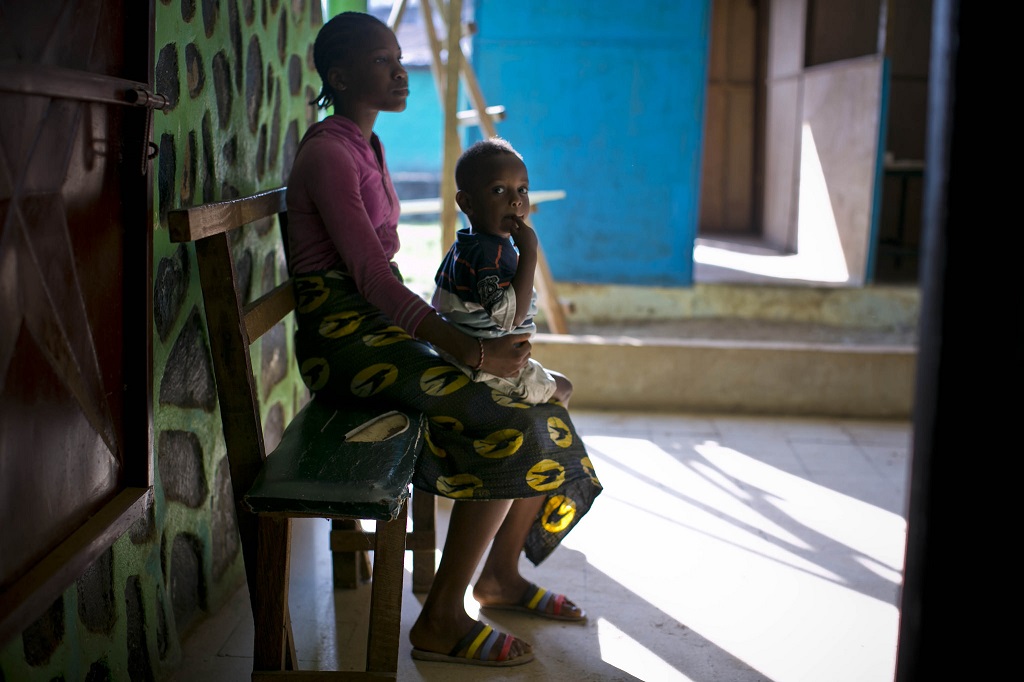When Ebola swept across Liberia in 2014, it claimed more than 4,800 lives, including 7.16% of the country’s health workers. High fatalities among providers – as well as health personnel deserting their posts – devastated Liberia’s health system, already one of the weakest in the world.
Post-Ebola recovery efforts in Liberia, therefore, desperately required highly trained health care providers. In particular, the recovery process lacked clinicians specially trained in Integrated Management of Neonatal and Childhood Illnesses (IMNCI), a systematic approach for treating infants and children under five. With extremely high neonatal mortality (26 out of 1,000 live births), infant mortality (53 out of 1,000 live births), and under-5 mortality (67.4 out of 1,000 live births), the implementation of IMNCI in Liberia is a dire necessity.
As part of efforts to restore health service delivery at primary health facilities, MCSP is working in partnership with the Liberian Ministry of Health (MoH) to roll out trainings and protocols to health facilities nationwide to address the need for more IMNCI-competent clinicians. Together, MCSP and the MoH have introduced IMNCI training protocols for 75 clinicians from 74 different primary health facilities in three counties – Nimba, Grand Bassa, and Lofa – using a new curriculum that both shortens the training time and includes key job aids.
With MCSP support, the training was revised and reduced from an 11-day training package to six days, making it an affordable and effective solution to building capacity by reducing the burdens of cost and time. The modified training, complete with job aids and tools, equips health workers udpated knowledge and skills to treat childhood illnesses.
Andrew Cole, Officer in Charge at the Voinjama Free Pentecostal Mission Clinic, feels better prepared to effectively implement IMNCI at his clinic after MCSP’s training. He cites the simplified case recording form to assess and manage a child’s sickness as particularly helpful when classifying conditions and deciding a course of treatment.

“The use of the form has made my work easier and simpler because it contains all major childhood illnesses, their signs and symptoms, as well as key probing questions,” he said. “This form enables me to follow a step-by-step approach to assessing and reaching a decision about the condition and treatment.”
He and his colleagues found the resource so useful that they convinced the hospital’s management staff to allocate part of the budget to photocopy the forms.
To supplement the training, MCSP paid to print IMNCI chart booklets, which were distributed to each facility. This job aid and training resource includes information on counseling information for mothers and caregivers as well as appropriate drugs and child dosage amounts, which can accelerate diagnosis and treatment. The small modifications on the case recording form also greatly reduced the burden of cost and time for both health workers and patients.
“I am so grateful to MCSP and the MoH for this training. It has improved my competence and confidence in this clinical area,” Cole said. “I have been highly commended by mothers and caregivers for the quality of care and counseling provided.”
To increase demand for facility health services, patients must be met by trained providers in well-functioning facilities. To this end, MCSP’s efforts in Liberia are not only improving providers’ abilities to deliver high-quality and accessible health services, they’re renewing the confidence of the Liberian people in their national health system.

